The retailer says fresh milk is currently one of the single biggest users of plastic packaging within UK supermarkets, accounting for approximately 10% of all plastic used.
It will now switch its own brand fresh milk to Tetra Pak cartons made from plant-based paperboard.
The cartons feature “a very thin layer of plastic coating and twist caps made from polyethylene which is derived from sustainably sourced sugarcane.”
Morrisons added that the new packaging would be recyclable at the kerbside in most UK regions and at recycling banks across the country.
Cartons have also been included in the government’s consistent collections proposals, making them more advantageous for collection and recycling.
Fresh milk does not need to be in a plastic bottle
- Tony Fearon, dairy category director at Morrisons
Tony Fearon, dairy category director at Morrisons, said: “Fresh milk does not need to be in a plastic bottle. It keeps just as fresh in a carton. Fresh milk is the top user of plastic packaging in our stores, so this will result in significant plastic reduction.
“Tetra Pak has also been independently verified as a better sustainable packaging option. If customers take to it, we could be looking to move all of our fresh milk to Tetra Pak cartons in time.”
Recyclers
Plastic milk bottles are made from high density polyethylene (HDPE) and are easier to recycle than other grades of plastic.
With the upcoming plastics tax legislation contributing to a huge demand for recycled plastic, prices have doubled in the last 12 months to as high as £740 per tonne.
More than 75% of milk bottles are recycled, according to the plastics recycling charity RECOUP.
This just doesn’t stack up
- Stuart Foster, RECOUP
Transparency
The plastics recycling industry has previously slammed moves away from plastics taken without considering the entire “environmental impacts” of the product.
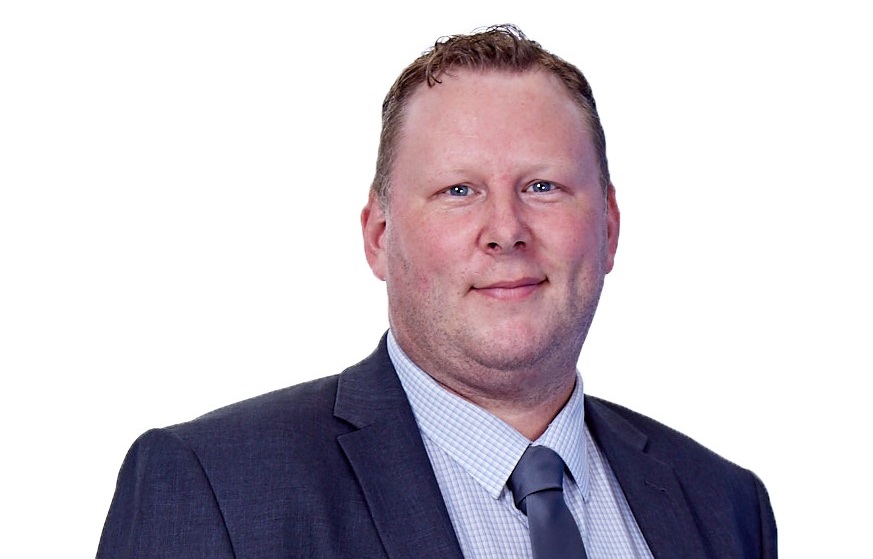
Responding to Mr Fearon on social media, Stuart Foster, the chief executive of RECOUP, said: “This just doesn’t stack up and there seems to be very little transparency on the full environmental impacts or understanding of the recycling industry.
“Rather an anti-plastic move for the sake of it/PR reasons when there are much better areas to focus on plastic reduction, or development opportunities for re-use systems for example. Initial reaction is a great step backwards which is being backed up by many many comments being received here at RECOUP.”
Mr Foster added: “As always we are going to review this in detail but I don’t expect for a second those involved will share the full evidence, but anyone applauding this needs to look at the facts and evidence closer first and the green claims being made.
“Plastic HDPE milk bottles are amongst the highest plastic pack type recycled in the UK from households, isn’t generally consumed on the go so not a litter issue, and has circularity built in with dedicated UK infrastructure producing recycled content and high commodity value when collected.”
Investment
In recent years there has been increased pressure on supermarkets to reduce the amount of plastic being placed on the market.
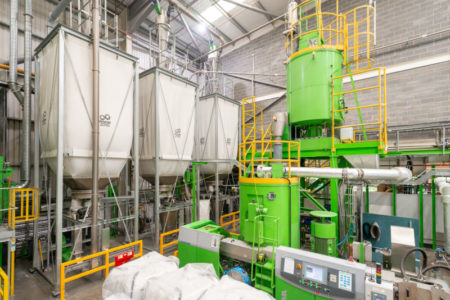
Morrisons has become the first supermarket to take the step to move away from plastic milk bottles, and if others follow suit there will be concerns from recyclers that a valuable material stream with high recycling rates is being removed from the market.
Biffa, for example, said last year that 85% of milk bottles sold in the UK now contain its recycled plastics.
Across its plastics recycling division, the company processes around 24,000 tonnes of milk bottles per year which it turns into pellets, which are then sold to milk bottle manufacturers to make new products.
Veolia and Viridor have also invested large amounts in plastic recycling plants in recent years.
‘Lunacy’
Peter Mackintosh, a consultant and member of the Institute of Packaging Professionals trade association, added: “The lunacy behind this is unreal but still, we have to ask, where and who is pushing this mindset and to whom exactly should all comments be put towards.
“Moves like this in the public eye continue to fuel the anti plastic movement and we in the industry know just what a major success HDPE milk bottles are.
“I’d have rather seen milk in aluminium cans than Tetra if the move just had to be done.”
Supermarkets
The announcement follows Morrisons’ unveiling of a number of waste pledges in recent weeks.
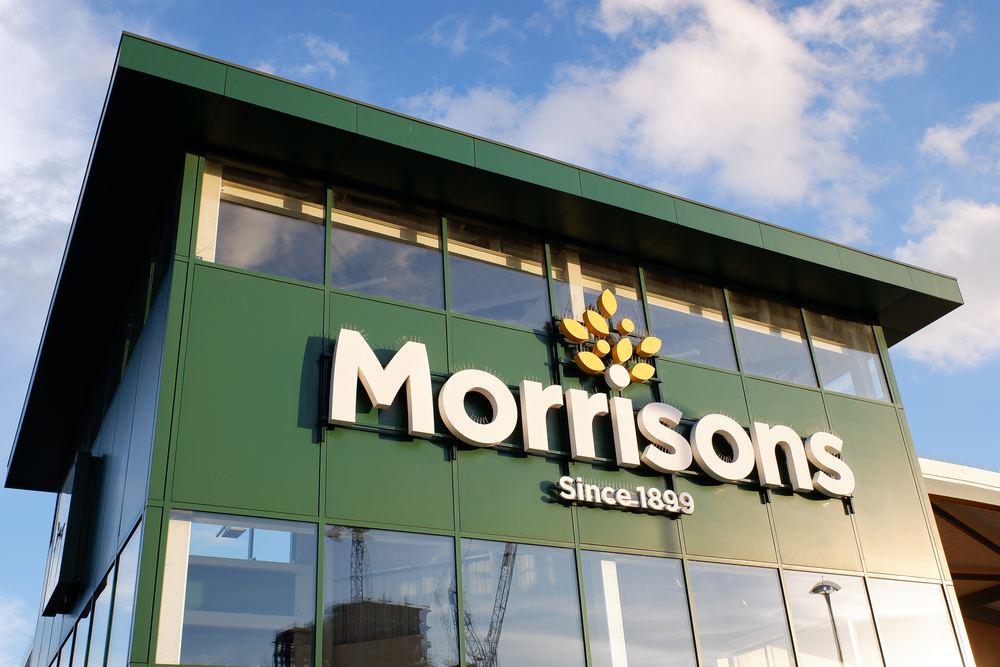
It has moved the majority of its own label fresh juice from plastic bottles to cartons, to remove another 678 tonnes of plastic per annum.
Morrisons said: “The move to milk cartons is our latest initiative to remove plastic packaging from stores and follows other commitments.
“We were the first supermarket to introduce paper carrier bags at checkouts in 2019 and launched plastic-free bananas last year.
“We’re also the only UK supermarket to own our own recycling plant in Fife which will reprocess hard-to-recycle soft plastic.”





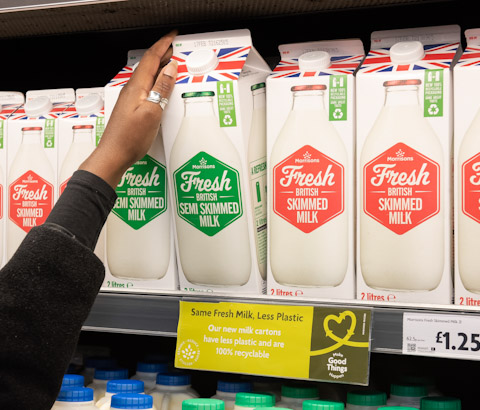

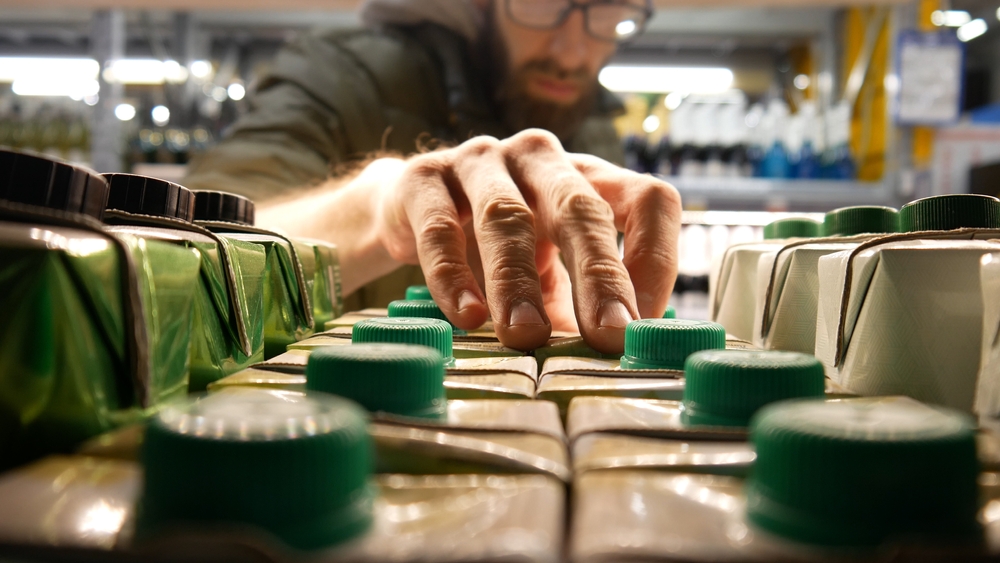
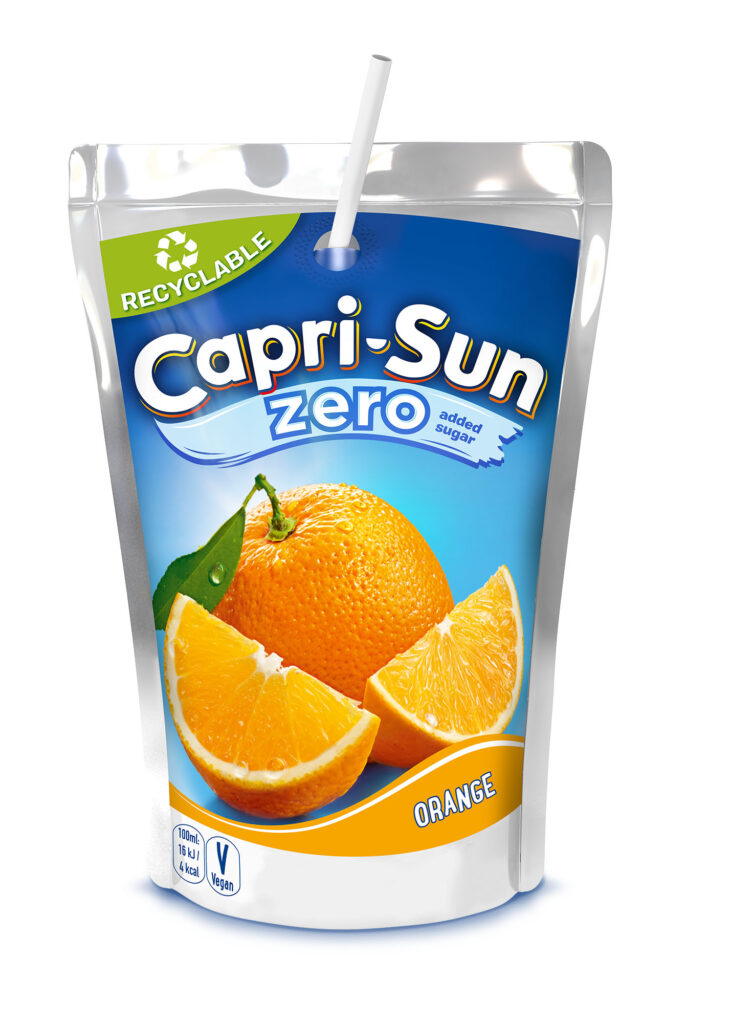
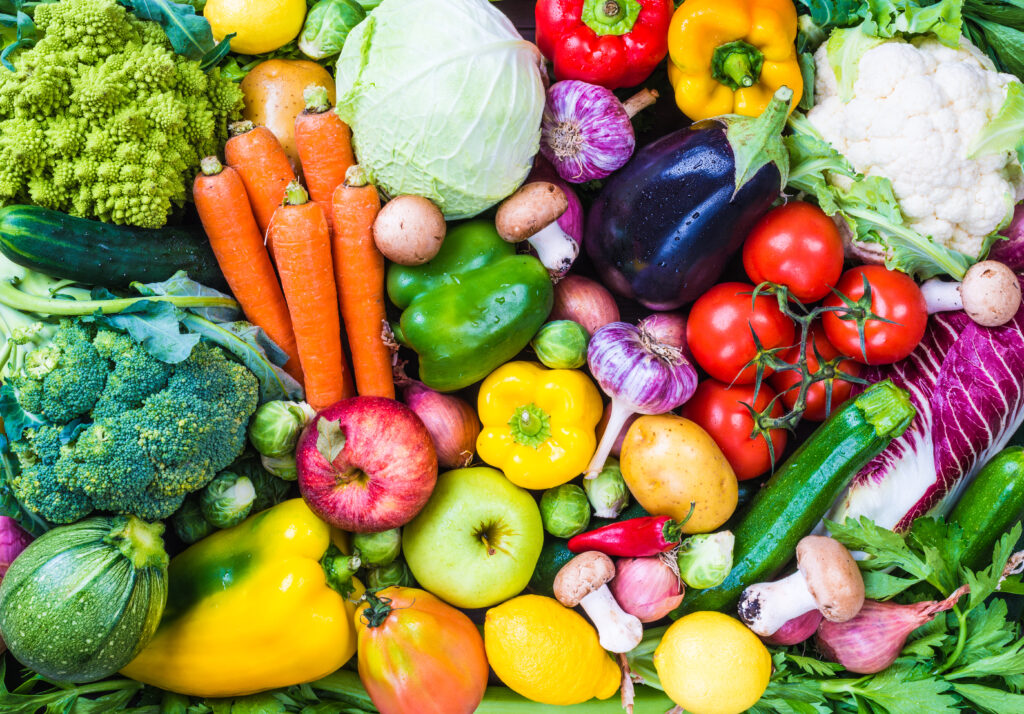


Subscribe for free